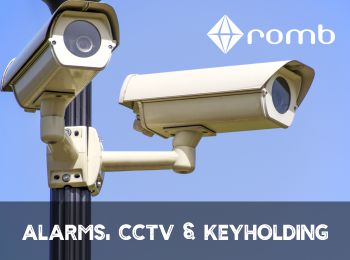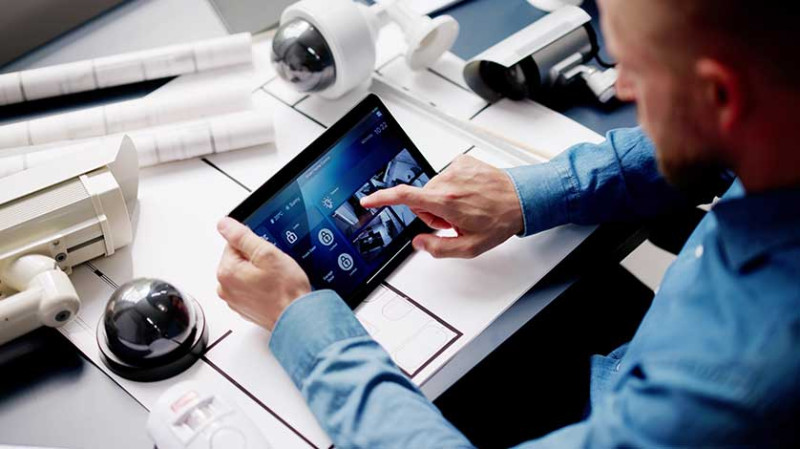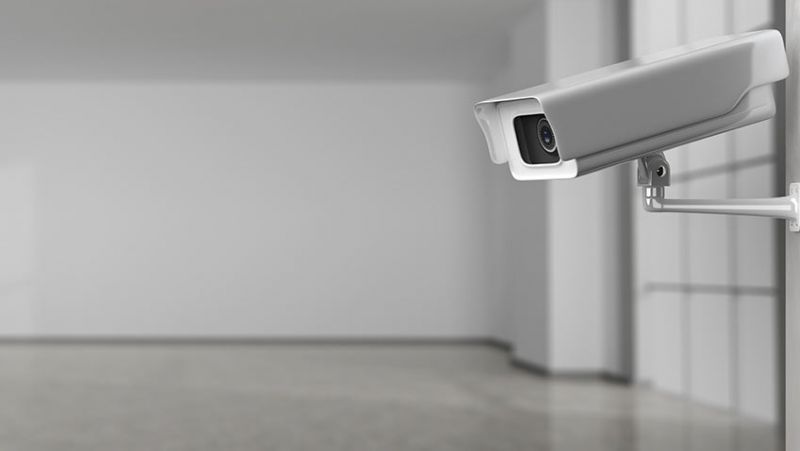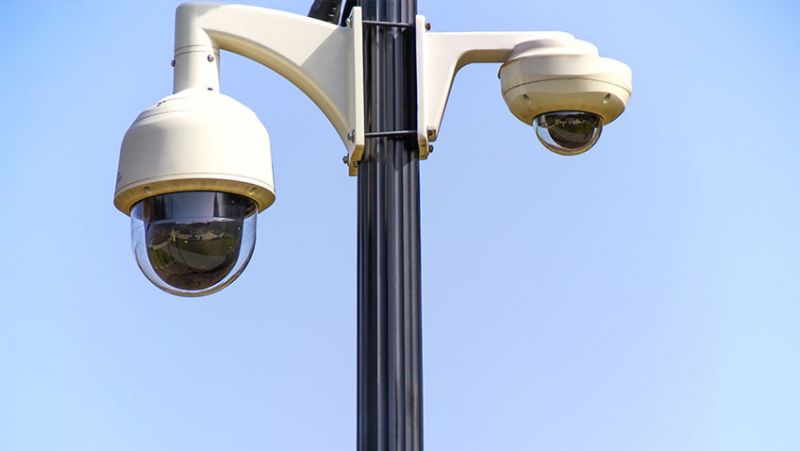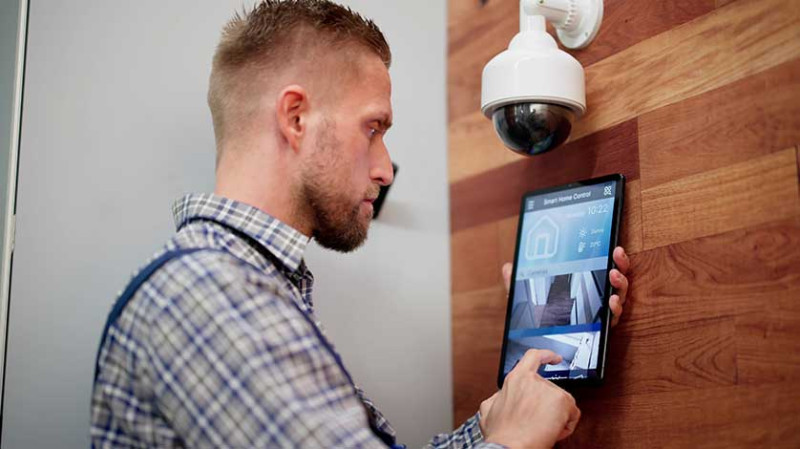
In today's world, security is a top priority for both homeowners and business owners. With the rise in crime rates and the increasing need for surveillance, choosing the right CCTV system has become essential. This comprehensive guide will walk you through the essential considerations when selecting a CCTV system, ensuring you make an informed decision that meets your security needs.
1. Understanding Your Security Needs
Before diving into the technical specifications of CCTV systems, it's crucial to assess your security needs. Consider the following:
- Type of Property: Is it a residential home, a commercial building, or an industrial site?
- Areas to Monitor: Identify the key areas that require surveillance, such as entrances, parking lots, or sensitive areas.
- Level of Security: Determine the level of security you need based on crime rates in your area.
2. Types of CCTV Cameras
There are various types of CCTV cameras available, each suited for different applications. Understanding these types will help you choose the right one for your needs:
2.1. Dome Cameras
Dome cameras are versatile and can be used both indoors and outdoors. They are discreet and often used in retail environments.
2.2. Bullet Cameras
Bullet cameras are ideal for long-distance viewing and are often used for outdoor surveillance. They are easily recognisable and can deter potential intruders.
2.3. PTZ Cameras
PTZ (Pan-Tilt-Zoom) cameras offer flexibility as they can be remotely controlled to pan, tilt, and zoom in on specific areas. They are suitable for large areas that require active monitoring.
2.4. IP Cameras
IP cameras transmit data over the internet, allowing for remote access and monitoring. They offer higher resolution and advanced features compared to traditional analog cameras.
3. Resolution and Image Quality
The resolution of your CCTV cameras is crucial for capturing clear images. Here are some key points to consider:
- Standard Definition (SD): Generally offers lower quality and is not recommended for security purposes.
- High Definition (HD): Provides better clarity and detail, making it suitable for most applications.
- Ultra High Definition (UHD): Offers the highest resolution, ideal for critical areas where detail is paramount.
4. Night Vision Capabilities
Many incidents occur at night, making night vision capabilities a vital feature. Consider the following:
- Infrared (IR) Technology: Cameras equipped with IR LEDs can capture clear images in low-light conditions.
- Color Night Vision: Some advanced cameras can provide color images even in low light, enhancing detail.
5. Storage Options
Choosing the right storage solution is essential for retaining footage. Here are the common options:
- Local Storage: Footage is stored on-site using DVRs or NVRs. This option is often more affordable but may require regular maintenance.
- Cloud Storage: Offers remote access and automatic backups, but may involve ongoing subscription fees.
6. Connectivity and Remote Access
Modern CCTV systems often come with connectivity features that allow for remote access. Consider the following:
- Wi-Fi Connectivity: Enables easy installation and access from mobile devices.
- Mobile Apps: Many systems offer apps for real-time monitoring and alerts.
7. Integration with Other Security Systems
For enhanced security, consider how your CCTV system can integrate with other security measures:
- Alarm Systems: Integration with alarms can provide immediate alerts in case of a breach.
- Access Control Systems: Combining CCTV with access control can enhance overall security.
8. Budget Considerations
Setting a budget is crucial when selecting a CCTV system. Here are some tips:
- Initial Costs: Consider the cost of cameras, installation, and any additional equipment.
- Ongoing Costs: Factor in maintenance, storage fees, and potential upgrades.
9. Professional Installation vs. DIY
Deciding between professional installation and a DIY approach can impact your system's effectiveness:
- Professional Installation: Ensures proper setup and configuration, often comes with warranties.
- DIY Installation: Can save money but requires technical knowledge and may lead to improper setup.
10. Legal Considerations
Before installing a CCTV system, it's essential to understand the legal implications:
- Privacy Laws: Familiarize yourself with local laws regarding surveillance and privacy.
- Signage: In some areas, you may be required to post signs indicating the presence of cameras.
11. Choosing the Right Brand
Not all CCTV systems are created equal. Researching brands can help you find a reliable system:
- Reputation: Look for brands with positive reviews and a solid reputation in the industry.
- Warranty and Support: Choose brands that offer warranties and customer support for troubleshooting.
12. User-Friendly Features
Consider the usability of the CCTV system. Features that enhance user experience include:
- Intuitive Interface: A user-friendly interface makes it easier to navigate and manage the system.
- Customizable Alerts: The ability to set specific alerts for motion detection or unusual activity can enhance security.
13. Scalability
As your security needs evolve, your CCTV system should be able to grow with you:
- Expandable Systems: Look for systems that allow you to add more cameras or features as needed.
- Future-Proof Technology: Choose systems that incorporate the latest technology to avoid obsolescence.
14. Conclusion
Choosing the right CCTV system for your home or business is a critical decision that requires careful consideration of various factors. By understanding your security needs, exploring different camera types, and evaluating features such as resolution, storage, and connectivity, you can make an informed choice that enhances your security. Remember to stay within your budget, consider legal implications, and choose a reputable brand to ensure the best results. With the right CCTV system in place, you can enjoy peace of mind knowing that your property is well-protected.
